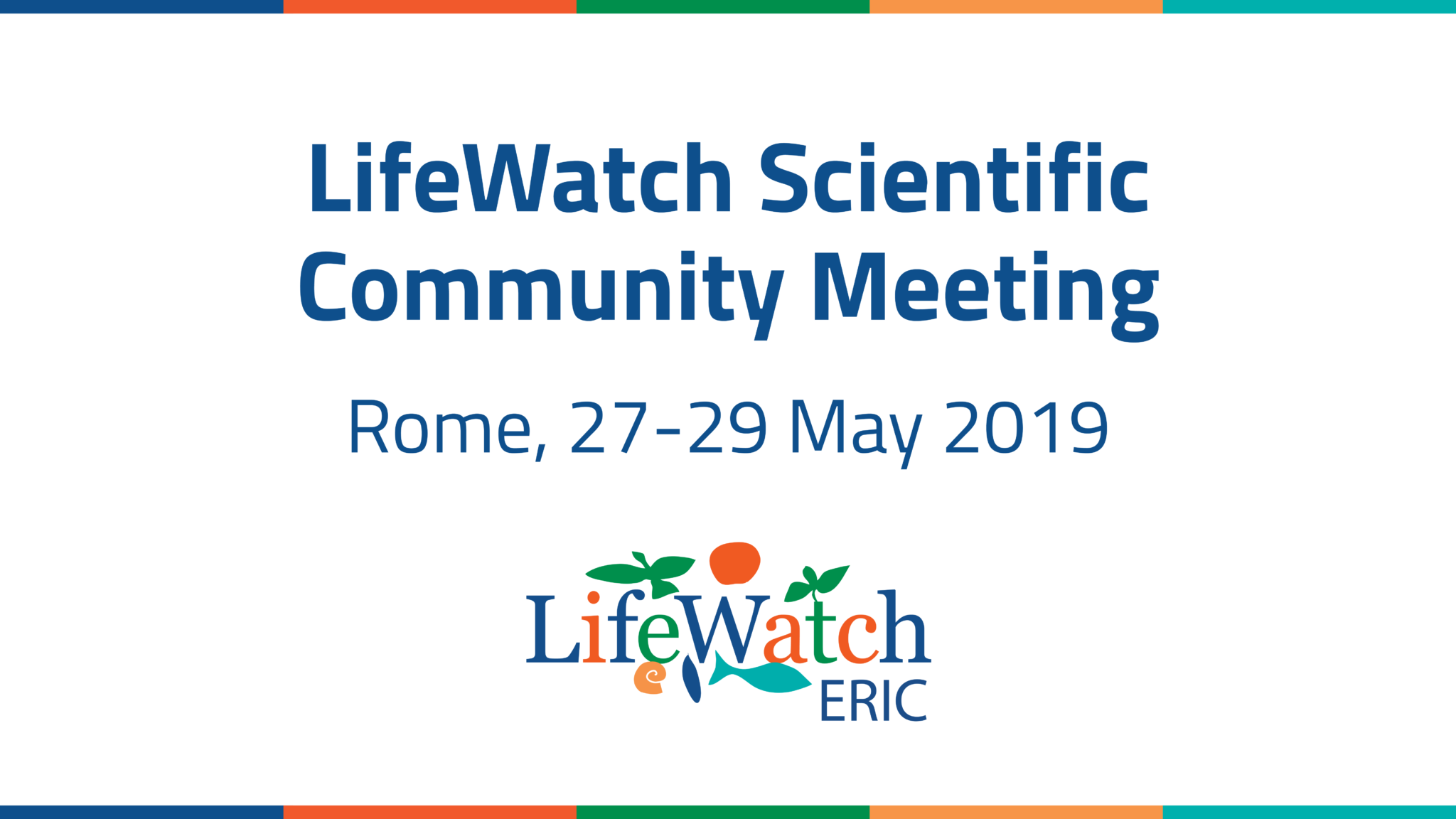Plenary Session, 27 May, 2019
Biodiversity and Ecosystem Theory
James Bullock | Biodiversity and ecosystem services: how are they linked in the real world? Download PDF
Michel Loreau | Biodiversity and stability of ecological systems: new perspectives on an old debate. Download PDF
Tim White | Critical Zone science – a transdisciplinary approach to Earth science and environmental science. Download PDF
Plenary Session, 28 May, 2019
Data Modelling and Supporting Disruptive Technologies
Pedro Beja | Next Generation Sequencing: opportunities and challenges of a disruptive technology for biodiversity assessment and monitoring. Download PDF
Annalisa Bracco | CYCLE (ConnectivitY of CoraL Ecosystems) in the northern Gulf of Mexico. Integrating field studies, modelling and state-of-the-art genetic approaches for informed decisions in marine protected areas. Download PDF
Davide Salomoni | Challenges and opportunities for the realization of a federated, international life science data lake. Download PDF
Regino Zamora Rodríguez | Sierra Nevada Thematic Center as a Proof of Concept for LifeWatch. Download PDF
Plenary Session, 28 May, 2019
Marine Biodiversity & Ecosystem Functioning.
Julie Bremner | Marine ecosystem functioning – to the benthos and beyond. Download PDF
Tasman Crowe | Impacts of multiple stressors on marine biodiversity and ecosystem functioning. Download PDF
Juanjo Dañobeitia | The challenge of continuous monitoring the deep sea and its benefits to understand the fundamental processes in global changes. Download PDF
Paul J. Somerfield | Data, analysis, modelling: harmony and discord.
Plenary Session, 29 May, 2019: Marine Biodiversity & Ecosystem Functioning.
Roberto Danovaro | Towards a global Census of deep-sea biodiversity. Download PDF
Mike Elliott | The path to an integrated marine management system analysis approach to protect biodiversity. Download PDF
Plenary Session, 29 May, 2019: Data Modelling and Supporting Disruptive Technologies.
Juan Miguel González-Aranda | LifeBlock, the LifeWatch ERIC Blockchain platform in support of Biodiversity & Ecosystem Communities of Practice. Download PDF
Keith Jeffery | VRE: The future of research. Download PDF
Antonello Provenzale | Modelling climate impacts on ecosystems and biodiversity: light and dark sides. Download PDF
Georg Umgiesser | Numerical Modelling in European Environmental Infrastructures. Download PDF
